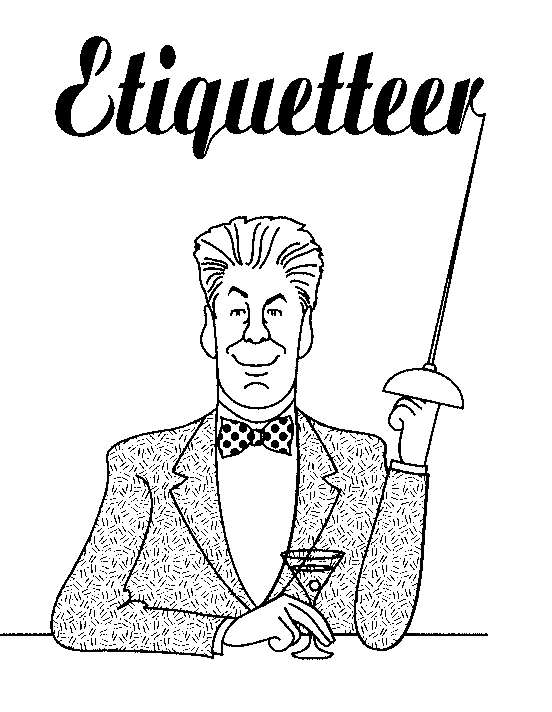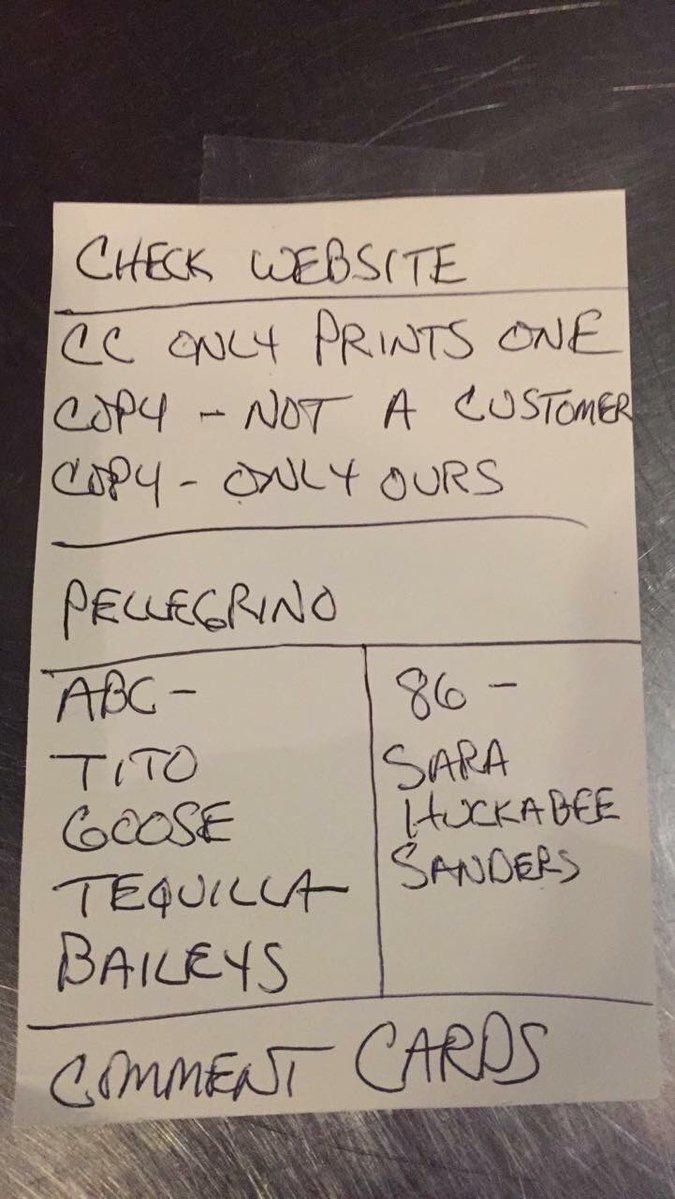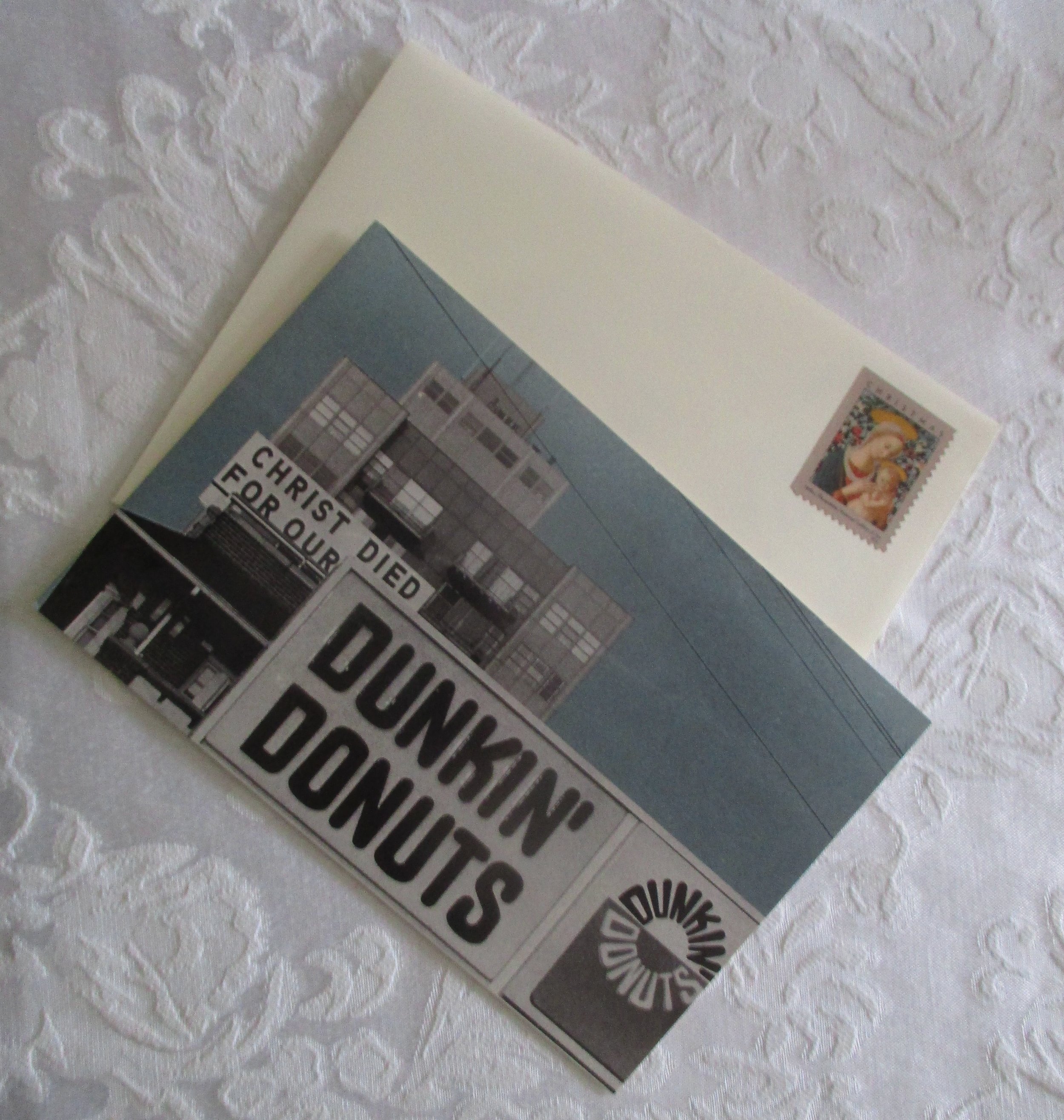Memorial Day weekend, the official start of the summer season! The time when traditionalists untree and brush up their white shoes, when mixologists turn back to the lighter, fresher palette of flavors around gin and citrus, and when biblliophilc beachgoers prepare their reading lists for the 15 Weekends of Summer (including this weekend and Labor Day weekend). Etiquetteer has 12 books, both old and new, to suggest for a summer of Perfect Propriety . . . or not. Some of them will clearly need more than one beach day to get through.
What makes good summer reading? Well, it should be absorbing, but it shouldn't be too taxing. Anything that lines the brow should be off the list, so anything political is strictly Off the List. And it shouldn't be too acid, which will curdle the lips. So that leaves out Dorothy Parker and Saki. Some spice and scandal, while Not Perfectly Proper, bring a welcome flush to one's cheeks under that traditional coat of tan. The Thorn Birds, of course, remains the pinnacle of a summer novel bestseller; no summer home should be complete without a paperback copy.
So, in random order, Etiquetteer's somewhat Anglophilic picks for Summer Reading in 2018:
NON-FICTION
Citizen Kane: A Filmmaker's Journey, by Harlan Lebo (2016). While this film has consistently remained in the Forever Top Ten of Films, Etiquetteer hasn't been a student of it, or of the brilliant Orson Welles. Lebo paints a sweeping but detailed picture of the oscillating fortunes of Welles and the frantic excitement of experimenting with film in the Golden Age of Hollywood studio system. From the alcoholism of Herman Mankiewicz to the incomparable collaboration between Welles and cinematographer Gregg Toland to the fury of William Randolph Hearst, this has it all.
Wait for Me!: Memoirs, by Deboraph Mitford, Duchess of Devonshire (2010). Youngest of a family of talented and controversial children, Debo Mitford went on to marry the second son of the Duke of Devonshire; they became Duke and Duchess themselves after the death of his older brother in World War II and his father. She made Chatsworth, the family seat, one of the greatest house museums in Britain and along the way mingled with friends and family either distinguished or talented or just plain wealthy (often all three): Somerset Maugham, Cecil Beaton, Harold MacMillan, the royal family, Kick Kennedy and her family, and many others. Etiquetteer is particularly fond of her account of her debutante season of 1938. Her love of farmyard fowl and Elvis Presley have their place in her memoir, too.
The Riviera Set: Glitz, Glamour, and the Hidden World of High Society, by Mary S. Lovell (2017). Focusing on the history of one house, the Chateau de l'Horizon, Lovell recounts the development of the Riviera as a playground for People With Money. Its first era was defined by a then-retired theatre star, Maxine Elliott, who became hostess to Society in the south of France, especially Winston Churchill. Social drama rears its head with any arrival of the Duke and Duchess of Windsor; will the ladies curtsy, as the Duke wishes, or not, since her true title doesn't require it? This period also included the likes of inveterate partygivers Noel Coward and Elsa Maxwell. After an intermission caused by World War II, the English disappear and Hollywood takes over as Aly Khan acquires the chateau after Elliott's death - and marries Rita Hayworth there.
The Outer Beach: A Thousand-Mile Walk on Cape Cod's Atlantic Shore, by Robert Finch (2017). A worthy counterpart to Henry Beston's iconic The Outermost House, Finch's essays, arranged in geographical order from south to north, span over 50 years of the changing shapes, lights, and lives of the Outer Beach. An essential book for anyone who loves the beach in general, and Cape Cod in particular.
The Last Madam: A Life in the New Orleans Underworld, by Christine Wiltz (2000). Norma Wallace ran a House of Ill Fame for 40 years in the French Quarter without getting busted by the cops. A powerful and attractive woman, she enjoyed younger men - and married one after her career ended with a dramatic raid and a six-month stint in prison. The end of her life will surprise you. The Last Madam is also a piquant portrait of the Crescent City in mid-century, when the French Quarter transformed from the Greenwich Village of the South to a neighborhood of glamorous supper clubs, to decline, to tourist mecca.
A Venetian Affair, by Andrea di Robilant (2003). Illicit passion, class differences, coded letters, unwanted pregnancy - these are all elements of the Heaving Alabaster Bosom school of romantic fiction. A Venetian Affair has the advantage of being a true story concerning di Robilant's ancestor Andrea Memmo's romance with Giustiniana Wynne, set against the perpetually decaying glory of 18th-century Venice. Also starring Casanova (seriously), who was brought in to help end the unwanted pregnancy.
Ritz and Escoffier: The Hotelier, the Chef & the Rise of the Leisure Class, by Luke Barr (2018). Barr recreates the excitement of a thousand parties in his account of how the union of César Ritz and August Escoffier made the Savoy in London the first truly luxury hotel in Europe. Who knew that Richard D'Oyley Carte of Gilbert and Sullivan fame was really the owner of the hotel?! Along for the ride: royalty (led by Edward VII when Prince of Wales - "Where Ritz goes, I go!"), the beau monde and Sarah Bernhardt, who said that Escoffier made the best scrambled eggs anywhere. (Did they have a romance while they were both living in London?) D'Oyley Carte's dismissal of this Dream Team in a financial scandal resulted in the Ritz Hotel in Paris, and then a chain of Ritz-affiliated hotels, and then the Carlton Hotel, scene of Ritz's nervous breakdown.
Pretty Jane and the Viper of Kidbrooke Lane: A True Story of Victorian Law and Disorder, by Paul Thomas Murphy (2016). No summer reading list is complete without a bit of murder. "The Unsolved Murder That Shocked Victorian England" says the cover of this riveting account of the murder of a servant girl found to be with child. The arrest and trial of the son of her employers shocked and rocked England, but of course did not lead to improved conditions for the servant class. Murphy makes a strong case for the true identity of the murderer. It's not easy to put this book down.
FICTION
The Pursuit of Love and Love in a Cold Climate, by Nancy MItford (1945/1949). Debo Mitford's oldest sister Nancy fictionalized their family life to put all the quirky eccentricity of country life in the 1930s into these two novels. Narrated by their plain cousin Hon. Fanny Logan, we see the outrageous antics of close-minded Uncle Matthew, the vagueness of Aunt Sadie, and especially the singleminded focus on love of their favorite daughter Linda. Love in a Cold Climate continues these adventures with the addition of the Montdores, whose astonishingly beautiful daughter Polly decides to marry her uncle after the death of her aunt. Amusing and poignant by turns, these novels stuffed with character and characters, succeed in charming.
The Flower Girls, by Clemence Dane (1954). Almost two inches thick (think Gone With the Wind), Clemence Dane's novel of post-WWII London concerns twentysomething Jacy Florister, former child star of Hollywood, visiting his late father's family in London for the first time ever, after the recent death of his mother. It just so happens that his father's family is also the First Family of the British Theatre, the Floristers. Headquartered in a dusky and dusty Covent Garden block, Jacy's aunts, uncles, and cousins fill almost every role in the performing arts - and almost all his cousins seem to be having relationships with each other. Indeed, Jacy falls under the spell of his fascinating cousin Olive, the leading lady of the new generation - but what's really going on in her little bead shop on the street level? Etiquetteer's favorite character is Jacy's Uncle Paxton, the de facto head of the family and manager of the theatre, who spouts off things like "I do not pretend to understand why tiaras should make so much difference to my enjoyment of the evening, but they did. Certain objects are romantic on their own account." The story takes its own time to unfold, but for those who love the English language and Perfect Propriety, it's a gentle pleasure to be savored.
Elegance, by Kathleen Tessaro (2003). Decidedly what is called "chick lit," Etiquetteer just adores this story of Louise Canova, an American in London who turns her life around using a beauty guide found in a used bookstore, Elegance by Genevieve Antoine Dariaux (which is a real book). From an overweight former actress in an unhappy marriage with a wardrobe of comfortable thrift store rags, Louise takes action to make changes, often with hilarious, heartbreaking results. (The bit with the spray-on tan, and her unfortunately sluttish wardrobe choice for a dinner at the Ritz must be read to be believed.) The ultimate message of the book: "Never be seduced by anything that isn't first-rate." And that's mighty Perfectly Proper advice, too.
And the best for last . . .
Valley of the Dolls, by Jacqueline Susann (1966). Before The Thorn Birds there was Valley of the Dolls. Nothing but booze, sex, and dope as we follow the stories of three young women in New York out to make their futures: beautiful Brahmin Anne Welles (is she frigid?), statuesque chorus girl Jennifer North (why is her ugly sister-in-law so protective of her husband?), and fiery, phenomenally talented Neely O'Hara (who first gave her those pep pills?). The iconic film makes the entire story seem as though it's set in the Swinging Sixties, but the novel truly gives the reader a sense of the passage of time, from V-E Day in 1945 to 1970. And what they had to leave out of the movie to get it made! Jennifer North's relationship with a senator, for one, and other things it would be Far from Perfectly Proper to mention.
























